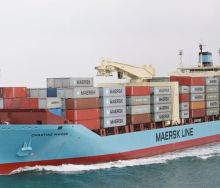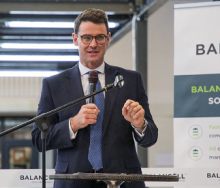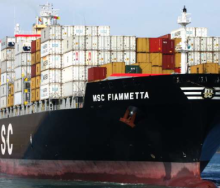A strong call has gone out to government to observe swift policy implementation, monitoring and evaluation in order to instil trust and boost both business and investor confidence.
“The economy desperately needs a jump-start, distressed companies should be assisted and policy makers should urgently and effectively implement existing initiatives and policies,” Steel and Engineering Industries Federation of Southern Africa (Seifsa) chief economist, Michael Ade, said following yesterday’s release by Statistics South Africa of the latest gross domestic product figures. The figures reveal that the manufacturing sector contributed 0% to growth in the GDP in the second quarter this year.
“Five months into its announcement, the modalities around a R500-million incentive aimed at assisting companies in the metals and engineering cluster is still awaiting finalisation, while businesses are in a quagmire.
“The laggard translation of policies to concrete implementation plans are a serious cause for concern.”
Ade noted that the slowing consumer confidence was worrying as the demand for most manufactured goods was derived from a strong consumer demand base. This was being worsened, he said, by low investment levels and the generally high unemployment rate.
“The weak exchange rate presents the biggest challenge to businesses in the manufacturing sector – which is very crucial to the domestic value chain, with linkages to the primary and tertiary sectors,” he said. “The consistent fuel price increase and the high cost of imported inputs by businesses bear testimony to the negative effects of the weak exchange rate.”
Ade added that logistics costs and administrative bottlenecks were inhibiting exporting businesses from taking advantage of this weak exchange rate.













